BSEC calls for strengthening of regional cooperation
Representatives of the Organization of the Black Sea Economic Cooperation (BSEC) member countries pointed to the region's strategic significance.
Monday, 11.06.2012.
15:08

Representatives of the Organization of the Black Sea Economic Cooperation (BSEC) member countries pointed to the region's strategic significance. They also noted opportunities for further strengthening of cooperation, during a BSEC meeting on Monday in Belgrade. BSEC calls for strengthening of regional cooperation The participants of the 26th meeting of the Council of Foreign Ministers of the BSEC praised Serbia's chairmanship of the organization and announced that the next BSEC summit, in Istanbul in late June, will be co-chaired by Serbia and Turkey, which takes over the six-month rotating presidency on July 1. Opening the meeting, Assistant Foreign Minister of Serbia Sladjana Prica said that the goal of the organization was to make the Black Sea region a “region with no problems whatsoever between neighboring countries and part of the world that is prosperous and peaceful.” “During its six-month chairmanship, Serbia has promoted dialogue and cooperation between member states, an atmosphere of mutual trust and respect,” said Prica. Strengthening BSEC's internal structures was Serbia's chairmanship priority, she added, stressing that it led to the strengthening of cooperation in two priority areas - environmental safety and energy. BSEC Secretary General Leonidas Chrysanthopoulos congratulated Serbia for excellent work the country had done during the six-month presidency of the organization, especially in the domain of energy and environmental protection. Russia's First Deputy Foreign Minister Andrei Denisov voiced satisfaction about the fact that Serbia's presidency focused on practical issues, environment in particular. Denisov underlined that the countries have to work on improving the regional transport system and infrastructure, and recalled the signing of a memorandum on the development of motorways in the region, stressing that the Russian section will be completed prior to the Winter Olympic Games that are due to be held in Sochi in 2014. Azerbaijani Deputy Foreign Minister Mahmud Mammadguliyev said that the unresolved conflicts in the region pose an obstacle to the realization of BSEC goals. His Georgian counterpart David Jalaghania agreed with this, taking "the aggression against Georgia" as an example, and added that despite being an economic organization, the BSEC should assist in settling political disputes. Selim Belortaja, Albania's deputy minister of foreign affairs, spoke in favor of "Kosovo joining the organization". The participants also congratulated Serbian Foreign Minister Vuk Jeremic on his election as president of the UN General Assembly. The BSEC was founded on June 25, 1992, and has 12 member countries: Russia, Turkey, Bulgaria, Romania, Ukraine, Moldova, Greece, Azerbaijan, Armenia, Georgia, Albania and Serbia. Serbia assumed the six-month presidency of the organization on January 1, 2012. (Tanjug) Tanjug
BSEC calls for strengthening of regional cooperation
The participants of the 26th meeting of the Council of Foreign Ministers of the BSEC praised Serbia's chairmanship of the organization and announced that the next BSEC summit, in Istanbul in late June, will be co-chaired by Serbia and Turkey, which takes over the six-month rotating presidency on July 1.Opening the meeting, Assistant Foreign Minister of Serbia Slađana Prica said that the goal of the organization was to make the Black Sea region a “region with no problems whatsoever between neighboring countries and part of the world that is prosperous and peaceful.”
“During its six-month chairmanship, Serbia has promoted dialogue and cooperation between member states, an atmosphere of mutual trust and respect,” said Prica.
Strengthening BSEC's internal structures was Serbia's chairmanship priority, she added, stressing that it led to the strengthening of cooperation in two priority areas - environmental safety and energy.
BSEC Secretary General Leonidas Chrysanthopoulos congratulated Serbia for excellent work the country had done during the six-month presidency of the organization, especially in the domain of energy and environmental protection.
Russia's First Deputy Foreign Minister Andrei Denisov voiced satisfaction about the fact that Serbia's presidency focused on practical issues, environment in particular.
Denisov underlined that the countries have to work on improving the regional transport system and infrastructure, and recalled the signing of a memorandum on the development of motorways in the region, stressing that the Russian section will be completed prior to the Winter Olympic Games that are due to be held in Sochi in 2014.
Azerbaijani Deputy Foreign Minister Mahmud Mammadguliyev said that the unresolved conflicts in the region pose an obstacle to the realization of BSEC goals. His Georgian counterpart David Jalaghania agreed with this, taking "the aggression against Georgia" as an example, and added that despite being an economic organization, the BSEC should assist in settling political disputes.
Selim Belortaja, Albania's deputy minister of foreign affairs, spoke in favor of "Kosovo joining the organization".
The participants also congratulated Serbian Foreign Minister Vuk Jeremić on his election as president of the UN General Assembly.
The BSEC was founded on June 25, 1992, and has 12 member countries: Russia, Turkey, Bulgaria, Romania, Ukraine, Moldova, Greece, Azerbaijan, Armenia, Georgia, Albania and Serbia.
Serbia assumed the six-month presidency of the organization on January 1, 2012.










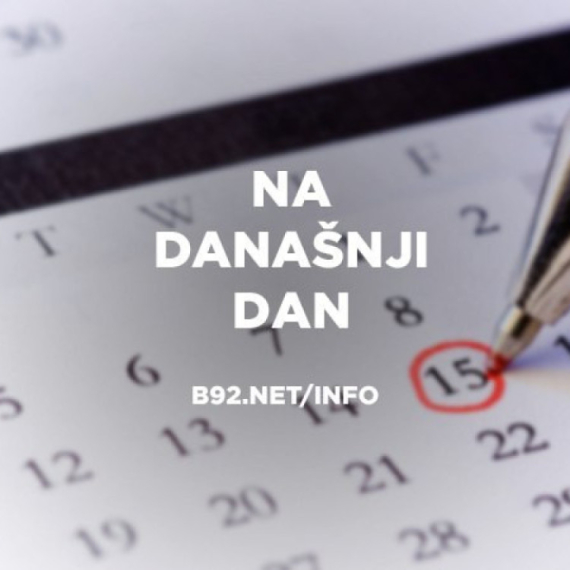
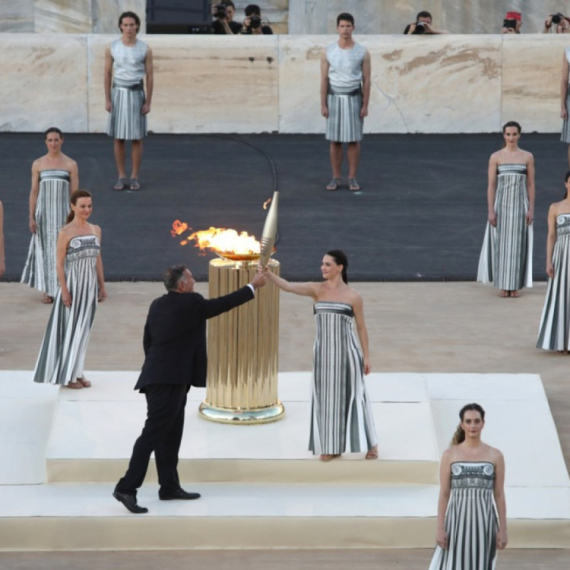
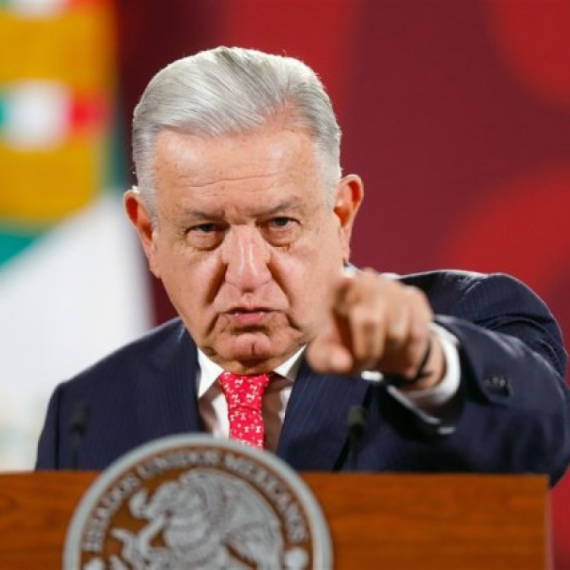



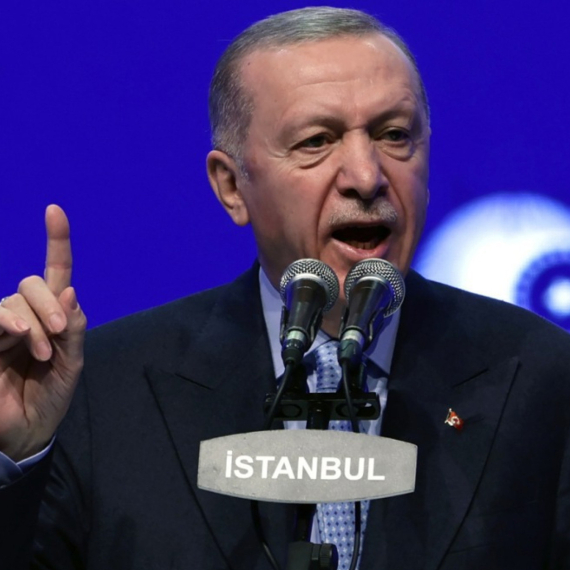




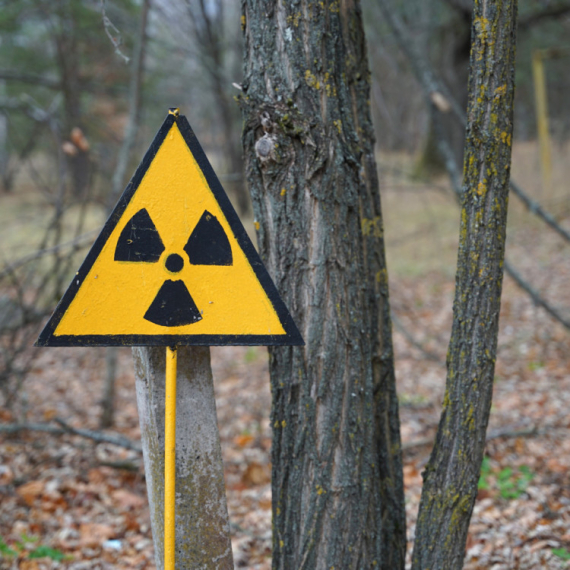





















Komentari 0